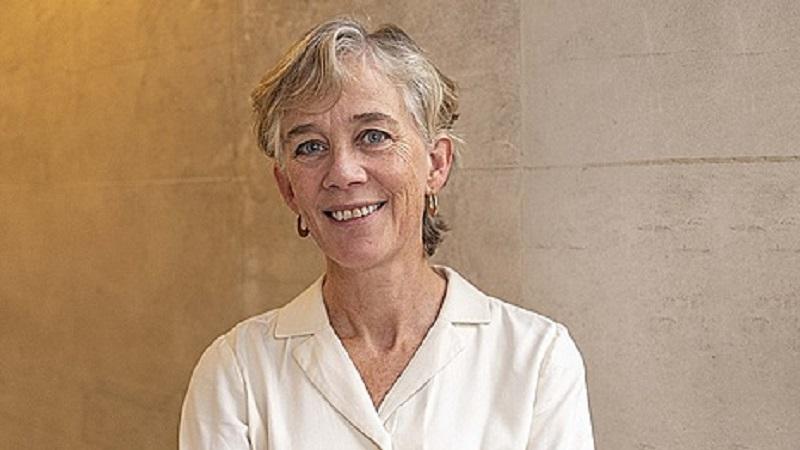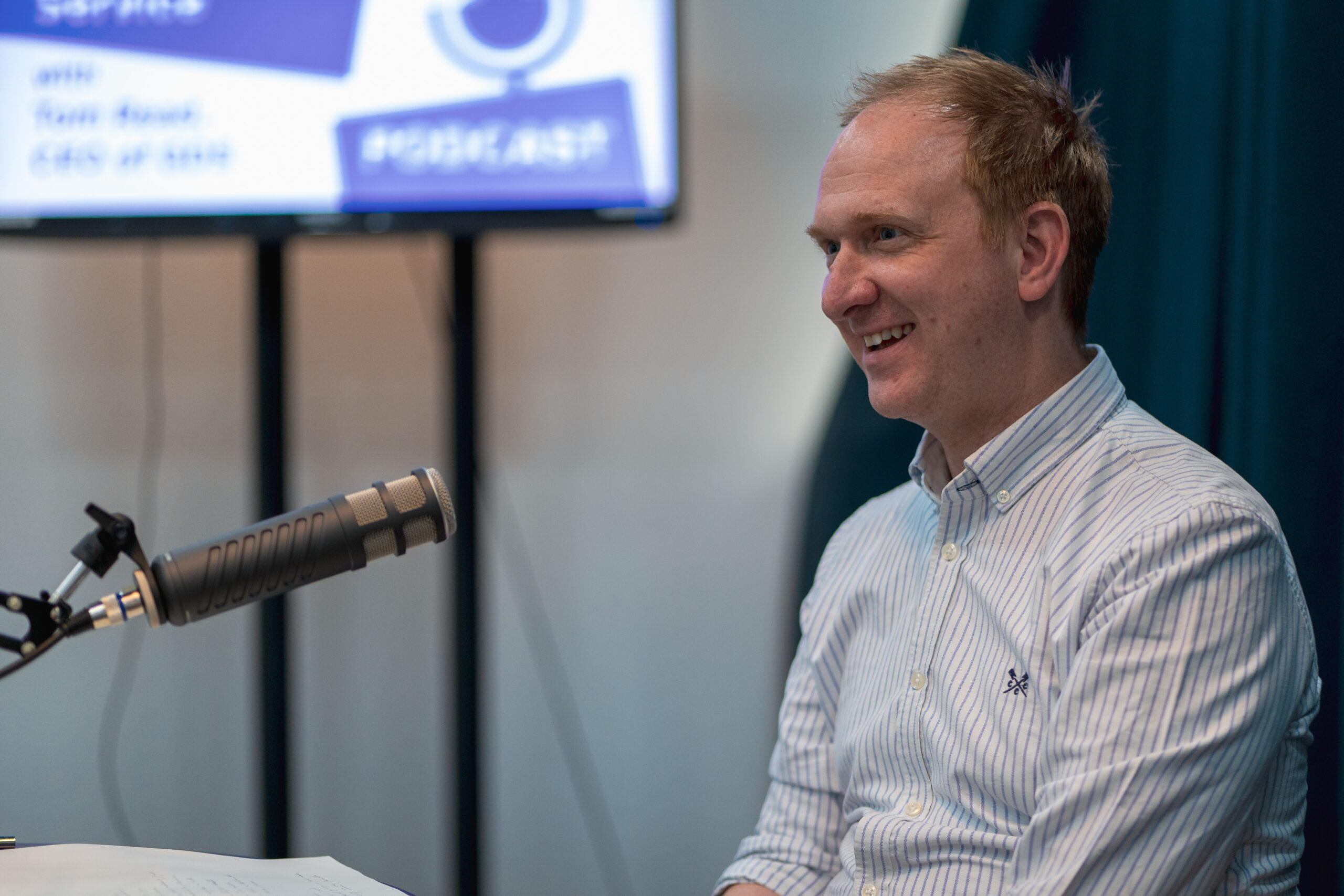MoD science chief replaces Patrick Vallance in an appointment the government hopes will ‘inspire women and girls into STEM careers’
Credit: Crown Copyright/Open Government Licence v3.0
After naming Dame Angela McLean as the first-ever female government chief scientific adviser, the government has said it hopes the appointment “inspire more women and young girls” to pursue careers in science and technology.
McLean, who is currently the Ministry of Defence’s chief scientific adviser, will take on her new role on 1 April. The position comes with a remit to provide independent scientific advice to the prime minister and members of cabinet and lead the government science and engineering profession.
McLean will also be part of the executive team of the newly formed Department for Science, Innovation and Technology. The department’s aim will be to grow the economy by generating high-skilled jobs and driving improvements in health, education and transport.
The department’s work is also intended to build on the UK’s strengths in artificial intelligence, life sciences, quantum, fintech, and green technology.
Michelle Donelan, the new secretary of state at DSIT, said she hopes the appointment will “inspire more women and young girls to see STEM subjects as an exciting career choice”.
“I look forward to working with her to build on the immense work of Sir Patrick Vallance to ensure that the UK remains at the forefront of the science and technology revolution,” she added.
Related content
- Scottish Government boosts funding for primary school STEM outreach scheme
- Government to launch Office for Quantum Technologies
- Interview: UK national statistician on how data has helped the PM – and the public – in coronavirus response
McLean was also the first female top scientist at the MoD, which she joined in September 2019, in a role dedicated to providing scientific advice on the ministry’s policy, decisions about military operations, equipment, and novel technologies, and overseeing its programme of research,
Her experience working with government institutions dates back further, and includes chairing an expert group project advising on policy to reduce the risk of future disasters such as disease pandemics while working in academia. She has also sat on the Department for Environment, Food and Rural Affairs’ science advisory council and the Department of Health’s national expert panel on new and emerging infections.
She also co-developed the Oxford Martin School Restatements, a series of briefings reviewing scientific evidence on controversial policy areas that have been published since 2013 to aid evidence-based policymaking.
McLean’s research interests lie in the use of mathematical models to help understand the evolution and spread of infectious agents.
Cabinet secretary Simon Case called the move “an excellent appointment for the civil service, to a vital position for the government and the country”.
“I congratulate Angela on her role and look forward to the contribution she will make in leading the science community across government,” he said.
McLean added: “I am delighted to take on this role at such an important time in our country for science, innovation and technology. All of us in government are going to greatly miss Sir Patrick, and I look forward to working with colleagues to build on the work he has led during his time as GCSA. My long-term mentor, the late Lord Robert May, held the post of GCSA between 1995 and 2000 and that personal connection adds a particular depth to my sense of honour in being asked to take on this role.”
The new science chief replaces Sir Patrick Vallance, who has been in post for five years, and became a prominent public figure during the coronavirus crisis.
Case said: “I would like… to thank Patrick for his outstanding contribution and commitment to public service, evident not only in the leading role he played during the Covid-19 pandemic but also in the great strides he has made in improving scientific capability across government.”
The new government chief scientific adviser has also played a key role in the government’s response to Covid, having been a regular attendee of the Scientific Advisory Group for Emergencies that provided evidence for the government’s pandemic response and deputising for Vallance at some televised briefings.




